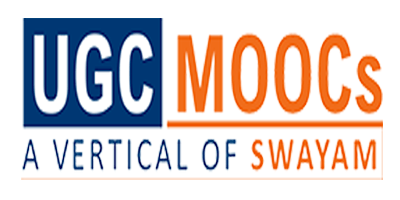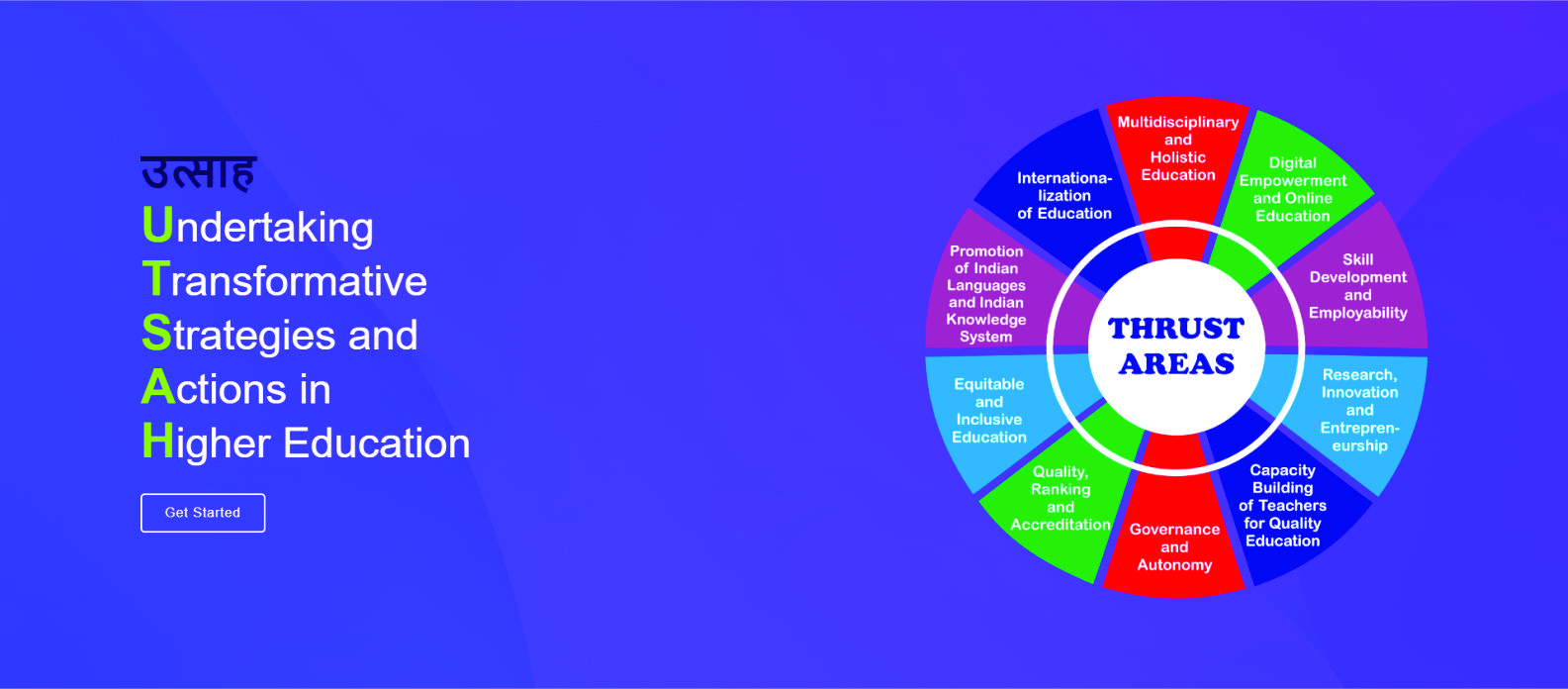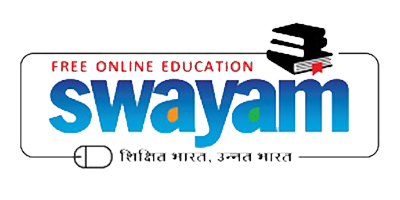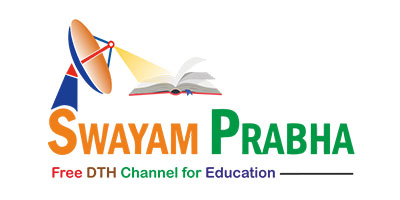Department of Chinese
Best Practices of the Department
The Department of Chinese Language and Culture (Cheena-Bhavana), Visva-Bharati, founded in 1937 under the visionary guidance of Gurudev Rabindranath Tagore, stands as one of the earliest and most distinguished centres of Chinese studies in South Asia. Since its inception, the Department has sought to embody Tagore’s humanistic ideals of cross-cultural dialogue, intellectual exchange, and holistic education. In contemporary times, it continues to evolve by integrating traditional scholarship with modern pedagogical innovations, thereby nurturing a unique academic environment that balances linguistic mastery, cultural literacy, and critical intellectual growth.
The Department maintains a student-centric academic approach, which prioritizes not only language acquisition but also the cultivation of analytical and intercultural skills. The curriculum is designed to move beyond rote memorization, instead encouraging learners to engage in critical interpretation of texts, translation practices, and interactive communication exercises. Language instruction is supported by modern tools such as multimedia resources, digital platforms, and interactive workshops. These methods ensure that students develop proficiency in Mandarin Chinese while simultaneously acquiring competencies in translation, interpretation, and intercultural negotiation, which are increasingly vital in a globalized context.
The Department actively supports academic excellence through scholarship schemes, fellowships, and exchange programs. In collaboration with cultural and academic institutions in China, students are provided opportunities for short-term study tours, semester exchanges, and higher-level research training. These programs offer invaluable experiential learning, enabling students to interact with native speakers, immerse themselves in cultural contexts, and refine their linguistic and research skills. Such initiatives help bridge classroom learning with real-world application, ensuring that the Department’s graduates are academically competent and professionally prepared.
A distinctive hallmark of the Department is its emphasis on co-curricular enrichment activities that complement the formal curriculum. Regularly organized events such as quiz contests, debate competitions, speech contests, and cultural workshops allow students to hone their oratory skills, enhance cognitive agility, and deepen cultural appreciation. Workshops on Chinese calligraphy, cinema, literature, and music encourage students to engage with Chinese culture in its multifaceted dimensions. Furthermore, lectures and seminars delivered by eminent scholars—both from within India and abroad—expose students to diverse scholarly perspectives, thereby fostering a robust academic culture.
Faithful to Visva-Bharati’s foundational ethos of global humanism, the Department actively cultivates cultural engagement as a vital component of its best practices. Celebrations of traditional Chinese festivals such as the Spring Festival and the Mid-Autumn Festival are regularly organized, providing students with opportunities for experiential learning through performance, art, and cultural exhibitions. These initiatives not only enrich the students’ understanding of Chinese traditions but also serve as platforms for dialogue, collaboration, and intercultural sensitivity.
The Department places significant emphasis on research and academic inquiry, encouraging both faculty and students to contribute to the expanding field of Chinese studies. Research spans across areas such as Chinese literature, philosophy, history, contemporary society, and intercultural exchanges. Doctoral and post-doctoral research programs are actively supported by the Department, alongside faculty mentoring and institutional resources. Through publications, seminars, and conferences, the Department continues to add to global scholarship while simultaneously preserving its legacy as a pioneering centre of Chinese studies in India.
The Department of Chinese Language and Culture, Visva-Bharati, remains committed to sustaining a holistic academic ecosystem that balances language proficiency, cultural literacy, and intellectual inquiry. Its best practices—ranging from student skill development and scholarships to cultural immersion and research engagement—reflect the enduring vision of Rabindranath Tagore, who saw education as a means of fostering global understanding and human unity. By aligning tradition with modernity, and local contexts with global perspectives, the Department continues to nurture scholars who embody both linguistic excellence and intercultural empathy, preparing them for meaningful contributions in academia, diplomacy, and global society.






